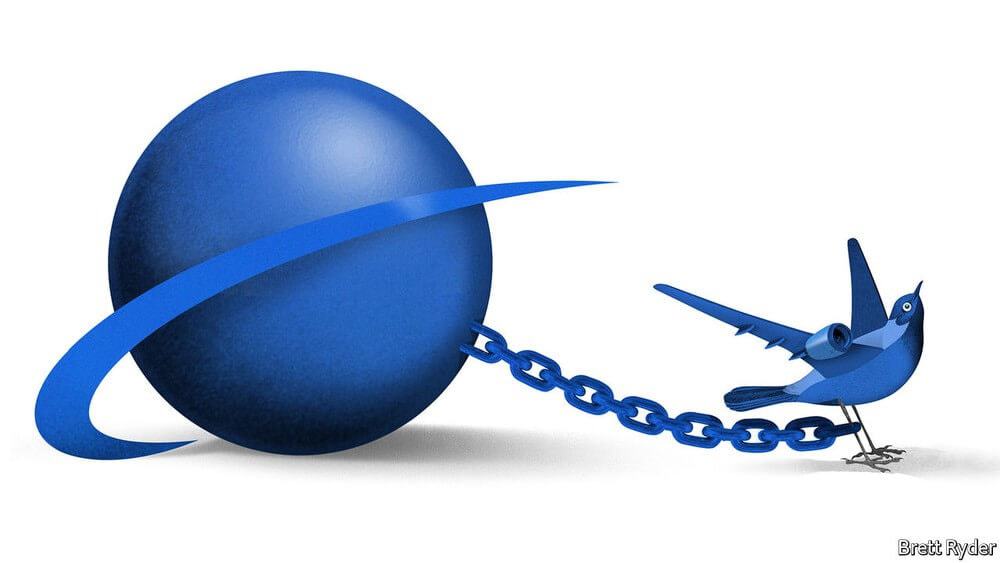Dave calhoun is no stranger to crises. A former acolyte of Jack Welch, he was picked to run ge’s aircraft-engines and avionics division months before the 9/11 terrorist attacks of 2001 clobbered1 the industry. In the past year or so, as boss of Boeing, he has faced an even stiffer challenge. The company is only slowly emerging from a 21-month grounding of its bestselling 737 max passenger jet in the wake of two fatal crashes. Mr Calhoun must mend a cracked corporate culture that contributed to those disasters.
If that were not enough, covid-19 has put air travel into a tailspin2—and with it airlines’ plane purchases. On January 27th Boeing announced a fifth straight quarterly loss. A record annual net profit3of $10.5bn in 2018 turned into a record $11.9bn net loss in 2020. The aerospacegiant4delivered 157 passengers and cargo aircraft last year, 80% less than in 2018 and a third as many as Airbus, the European half of the placemaking duopoly5. One analyst heaped mock-praise6 on Boeing for beating its previous tally—from 1973.
Mr Calhoun now thinks recovery is on the radar7. There are certainly blips of good news. A global roll-out of covid-19 vaccines brings hope for stranded airlines. The max is back in the air in America and will be soon in Europe. Deliveries of the plane are resuming. And Boeing got away with a slap on the wrist8from regulators over lax safety practices. But the firm, which has destroyed $140bn in shareholder value over the past two years, is not in the clear. Without America’s doting government, it may never be.








